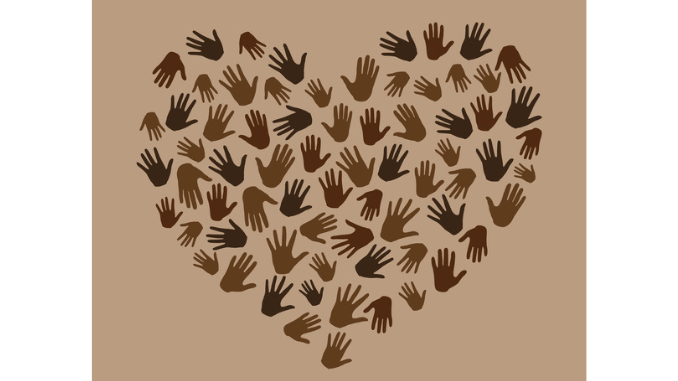
As reported by NHS England, it applauds the launch of the Patient and Carer Race Equality Framework, the first anti-racism framework, requiring mental health service providers to actively combat racism, especially in talking therapies for anxiety and depression services, highlighting progress and the need for ongoing efforts
Thanks to the hard work of many dedicated individuals and teams, these services have made significant progress towards greater race equality, but there is further to go. The PCREF can help continue the push, requiring organisations to act on:
- leadership and governance: with concrete plans to reduce health inequalities
- cultural competencies: building competencies that improve the experience of racialised communities
- feedback mechanisms: with clear processes to act on patients’ and carers’ feedback about the service.
The progress made so far
From the beginnings of the NHS Talking Therapies Programme (previously known as Improving Access to Psychological Therapies) 15 years ago, advancing equality has been a key priority for service development and delivery, and data have been used to drive improvements. One of the first pilots for the programme (Newham Talking Therapies) had a particular focus on developing ways to enhance referrals from ethnic minority communities. It found that self-referral led to more equitable access, a finding that prompted the decision to open all NHS talking therapies services to self-referral, which is still accessible and promoted today via NHS.uk/talk.
Over the years, there has been progress on ethnic minority outcomes, which are monitored and reported nationally. Comparing outcomes in 2015/16 and 2021/22 across ethnicities, recovery rates (percentage of people who complete treatment who no longer meet the criteria for anxiety or depression) have improved across all ethnicities. The overall recovery rate in 2015/16 was 46.3%, whilst the recovery rate in 2021/22 (the latest annual data) was 50.2%. They have improved the most for ethnic minorities, and by 2021/22, the recovery target was met for seven ethnic groups: Indian, Black African, Black Caribbean, Chinese, White British, White Irish and Other White Background. In 2020/21, there was the introduction of a national support metric to close the gap between White British and all other ethnicities. In 2021/22, the gap was 1.8% overall, reduced from 4% in 2020/21 (and from 6% in 2015/16).
How has this progress been made?
The backbone of the work has been the NHS talking therapies Black, Asian and Minority Ethnic service user positive practice guide, which was published in 2019. The guide was authored by members of the British Association for Behavioural and Cognitive Psychotherapies (BABCP) Board and Equality and Culture Special Interest Group (Andrew Beck, Saiqa Naz, Michelle Brooks-Ucheaga and Maja Jankowska) and co-developed with NHS talking therapies clinicians and racially and ethnically diverse service users. It guides good practice in increasing access, reducing rates of non-attendance, developing an appropriately skilled workforce, and ensuring talking therapies is delivered with cultural humility. It also provides an audit tool that allows services to identify areas for improvement. NHS England, working alongside some of the authors, have since launched an e-learning module based on the guide to increase uptake of the positive practice.
Part of the reason for the notable improvements in outcomes for certain groups between 2018/19 and 2021/22 in NHS talking therapies services could be due to services acting on the good practice in the guidance.
In addition, NHS England has been supporting proactive anti-racism work in services including:
- sharing learning from services that have developed comprehensive strategies to improve access and outcomes for ethnic minorities, via national webinars
- launching a protected characteristics outcomes dashboard to allow local services to interrogate their data, address inequalities and share learning from the best
- incorporating additional equality, diversity and inclusion content into the core NHS talking therapies training curricula and sharing national training materials among the existing workforce.


Be the first to comment